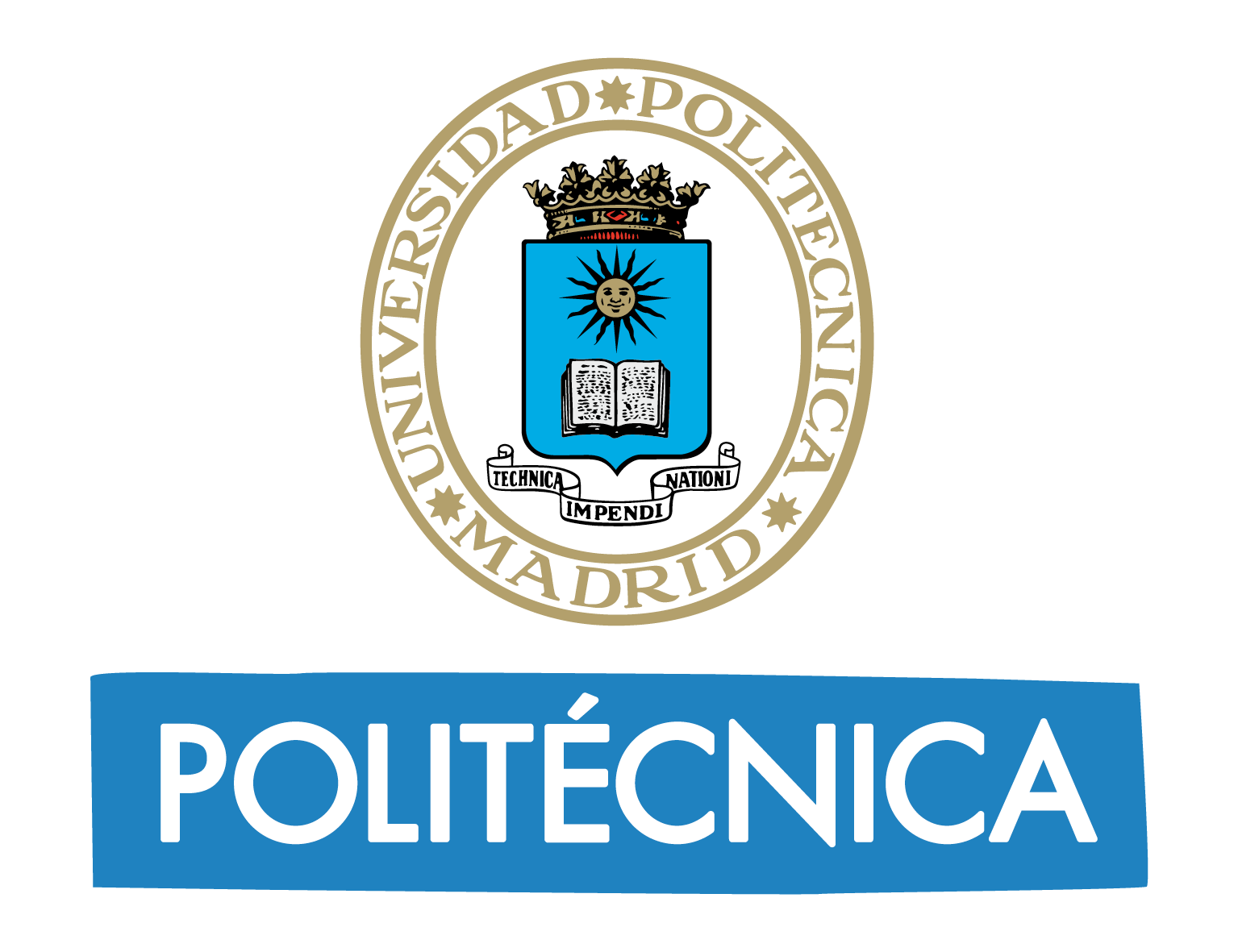UPM professor Carlos del Cañizo named president at European Congress of Photovoltaic Solar Energy 2025
The former director of the Institute of Solar Energy at Universidad Politécnica de Madrid has been elected as the President of this forum, one of the most prestigious in its sector worldwide. The Congress will be held from September 22 to 26 in Bilbao.
16.12.24
The Spaniard Carlos del Cañizo, professor at the School of Telecommunication Engineering (ETSIT) of the Universidad Politécnica de Madrid (UPM), has been elected as President of the next European Congress of Photovoltaic Solar Energy, which will take place from September 22 to 26 in Bilbao, Spain. This prestigious forum will introduce in this edition a wide range of topics from the latest scientific discoveries to commercial developments. Del Cañizo, who was directing the Institute of Solar Energy (IES) of the UPM for two terms (2009-2014 and 2015-2023), is at the head of the Silicon and New Concepts for Solar Cells Research Group.
“Our energy system needs a revolution, an urgent transformation to make carbon-free and renewable,” Del Cañizo points out in the congress presentation message. And he maintains that photovoltaic energy (PV) is here to lead that path, “as the cheapest source of electricity in most of the world, PV has surpassed the 2-terawatt milestone of installed capacity and currently meets around 6% of global electricity demand. And this is just the beginning!”
However, the UPM professor warns that we cannot become complacent, “we must continue to improve the technology (making it even more efficient and cost-effective) and address challenges that now become critical.” Among other challenges, he quotes the integration of the network that manages intermittency, the electrification of sectors such as heating and transportation or the sustainable use of materials and their recycling. The next congress “is the ideal platform to address these issues,” he adds.
The scientific program of the forum is structured around five main themes: silicon materials and cells, thin films and new concepts, photovoltaic modules, photovoltaic systems and photovoltaic energy in the energy transition. The call for those who wish to contribute by sending a summary of articles is now open until January 31st. Along the scientific sessions, the meeting offers other formats that expand the focus on political, economic and social aspects, aimed at both specific audiences as well as industrial actors and students.


